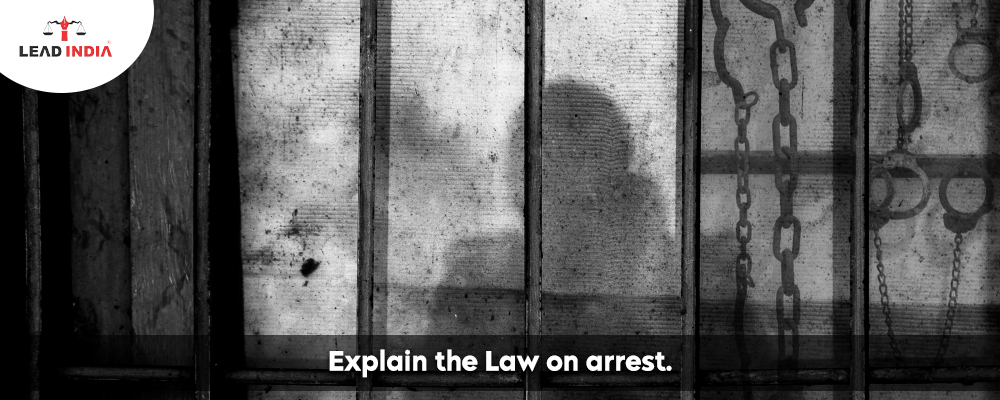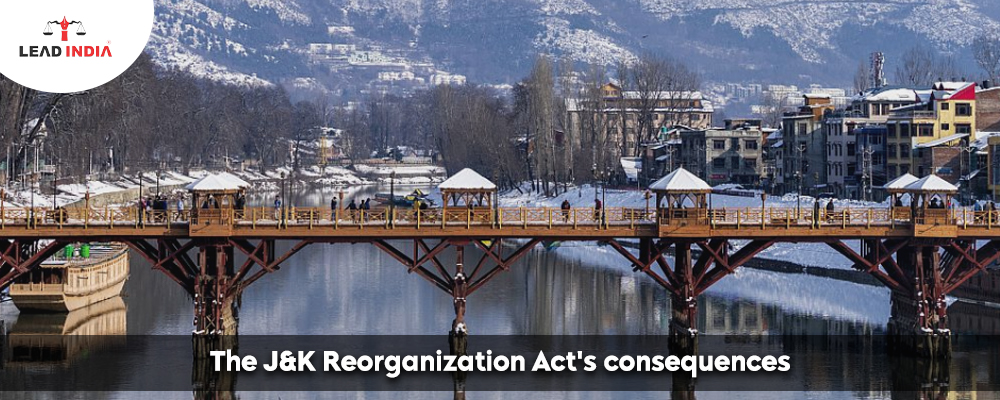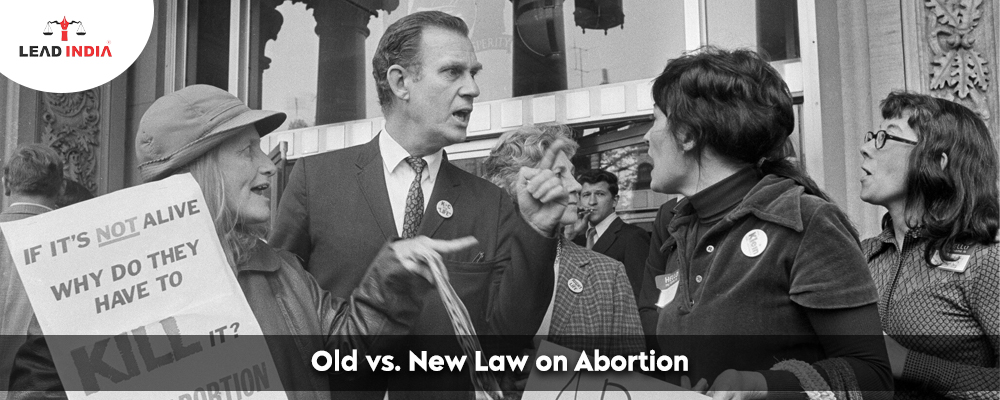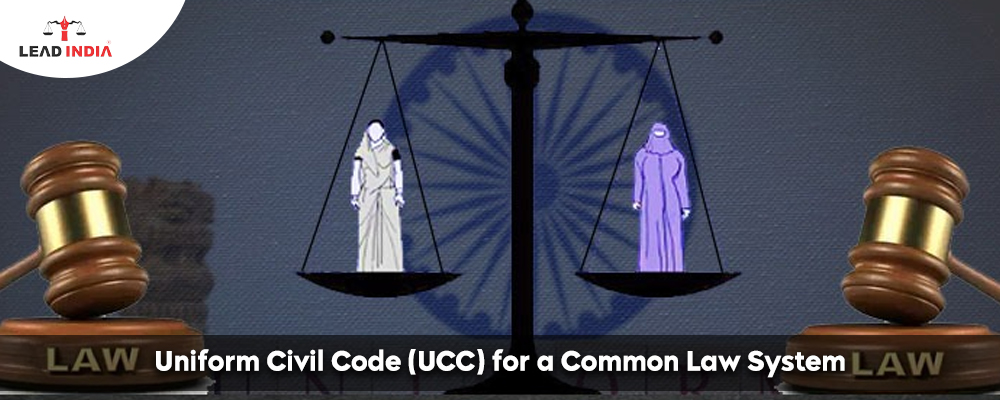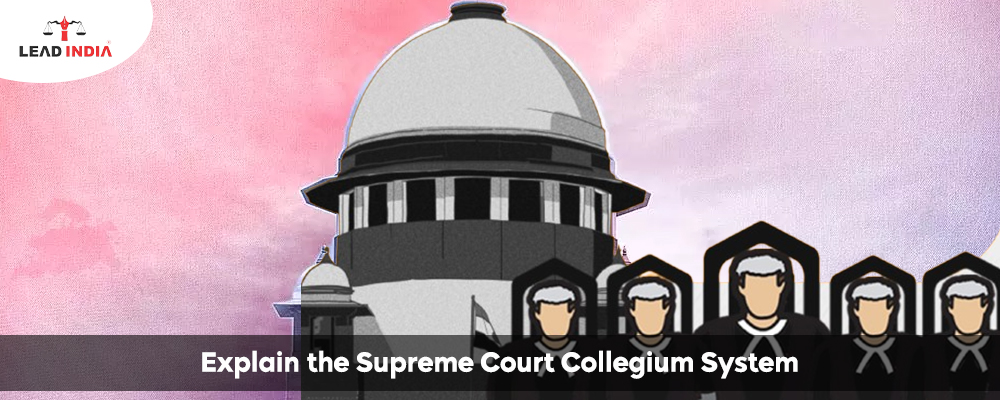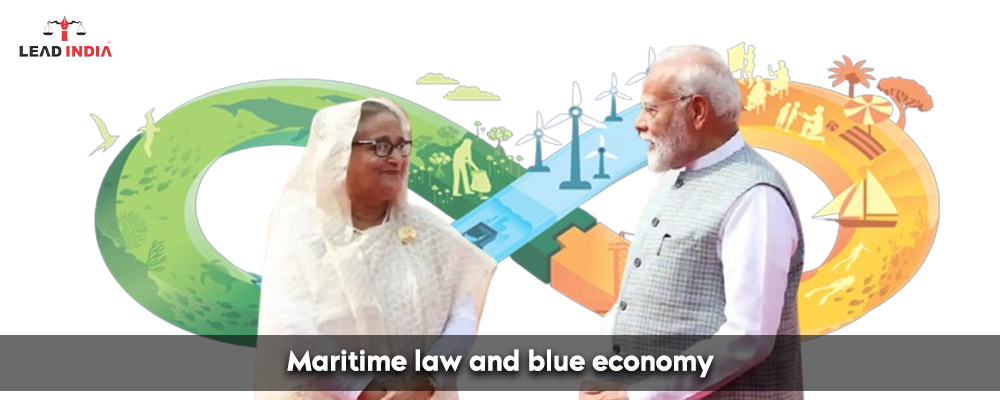Explain The Law On Arrest
However, the Criminal Procedure Code of 1973, which deals with arrests, does not define ‘Arrest’. When a person is arrested, he or she is placed into the custody of a legal authority. The individual is then asked to respond to the charges leveled against him, and he is held to prevent further criminal activity. Sometimes …

